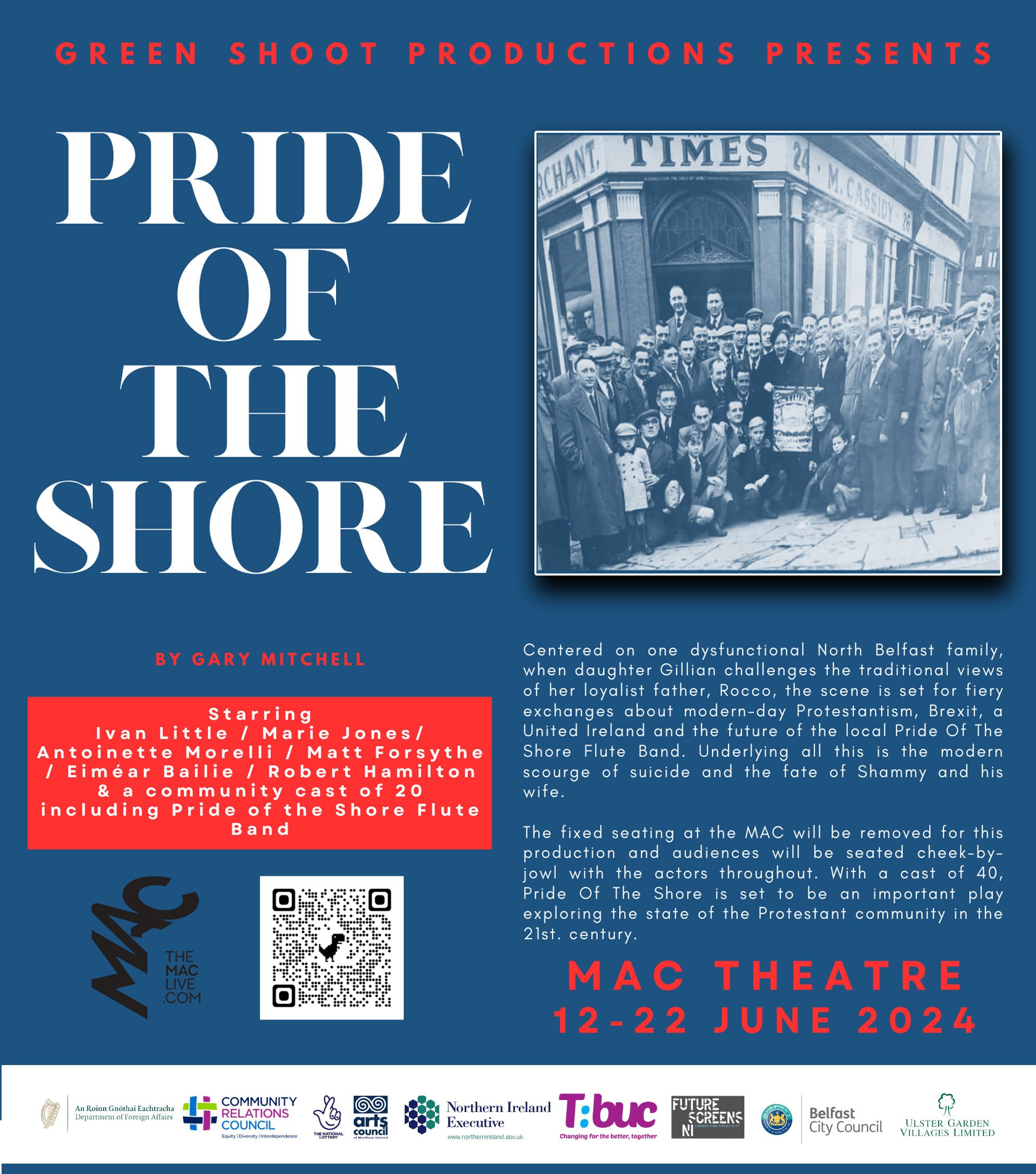SOME will tell you that the famous advice “Man, know thy self” comes from Socrates, others that it was inscribed above the doorway of the Temple of Delphi. Either way, it’s sound advice; but whether it’s through laziness or lack of courage, some people and some countries aren’t very good at this awareness of self.
For example, in these days of Euro 2020, the camera moves along the England team as the national anthem is being played. And who are bawling as loudly as any and maybe louder? Harry Kane, Harry Maguire, Jack Grealish, Declan Rice and Kalvin Philips. But while they belt out the advice to God to Save Our Queen, we Irish find it hard not to dwell on the fact that all five have Irish backgrounds and could be playing for the Republic of Ireland and warbling Amhrán na bhFiann.

But that’s part of our failure to know ourselves, rather than a failure of the five footballers. They see themselves as Englishmen and have every right to do so. They were all born there, for a start. To point the finger at them because they’ve lined out for England is to fail to understand what is to be Irish and what it is to be English.
As they saw it, and see it, England did Ireland a favour by crossing the Irish Sea and attempting to civilise the people who lived there. They brought order, system, law and prosperity to a country that lacked all four elements.
The failure of countries to know themselves is highlighted in scarlet by England. For example, on Friday night of last week, the English pundits in the BBC studio were rolling their eyes at the way the Italian player Ciro Immobile rolled around as if mortally wounded, then hopped up and continued playing. “It’s part of their football culture,” Alan Shearer chuckled, and the other panellists grinned and agreed. For days other English pundits were making wisecracks about hospital updates and sticking plaster and mummy kissing it better. Why couldn’t Immobile just man up and play the game like honest English players do?
PROSECUTIONS SCRUBBED
After the televised game last Friday we had the BBC News, which included a report that ‘Soldier F’ would not be prosecuted for the 1972 murder of James Wray and William McKinney on Bloody Sunday in Derry. Nor would he be prosecuted for attempting to murder Patrick O'Donnell, Joseph Friel, Joe Mahon and Michael Quinn.
Another soldier, referred to as ‘Soldier B’, is to have his prosecution halted also. He had been charged with the murder of 15-year-old Daniel Hegarty in Derry six months after Bloody Sunday.
Hope @simoncoveney understands there never has been nor will be, any moral equivalence whatsoever between those got up in the morning to try and prevent civil war in Northern Ireland, and those who expressly set out to murder women and children. https://t.co/IV2yIwCvY0
— Johnny Mercer (@JohnnyMercerUK) July 5, 2021
Tory MP Johnny Mercer, who has been working to stop the prosecution of British soldiers in the Troubles, said: “ I feel very strongly that government has failed veterans of that conflict. But it is not one-sided, I have a huge amount of sympathy for the families.” Mercer added that it was very difficult to produce evidence of murder forty or fifty years after the events.
In its dealings with Ireland over the centuries, Britain has engaged in acts of self-ignorance that verge on delusion. As they saw it, and see it, England did Ireland a favour by crossing the Irish Sea and attempting to civilise the people who lived there. They brought order, system, law and prosperity to a country that lacked all four elements. In more recent decades, the same self-image dominates: we sent our troops across the Irish Sea to stop the wild Irish tribes from attacking each other and, of course, from foolishly attempting to rid Ireland of British control. Why would we prosecute our boys for doing their duty?
BLIND SPOT
So, yes, Ireland and Irish people can and do show a blind spot when they look at English players who might have been playing for Ireland. But football, when all is said and done, is only a game. The loved ones of James Wray, William McKinney, Daniel Hegarty and so many others must tremble with pain as Britain once again shows an inability to see that their soldiers should be prosecuted for crimes committed decades ago.
Whether it’s Bloody Sunday or Ballymurphy or the Glenanne gang, Britain just doesn’t get it. Or I might conclude that Britain does get it, but sees suppression and falsification of evidence as being part of their national culture.








